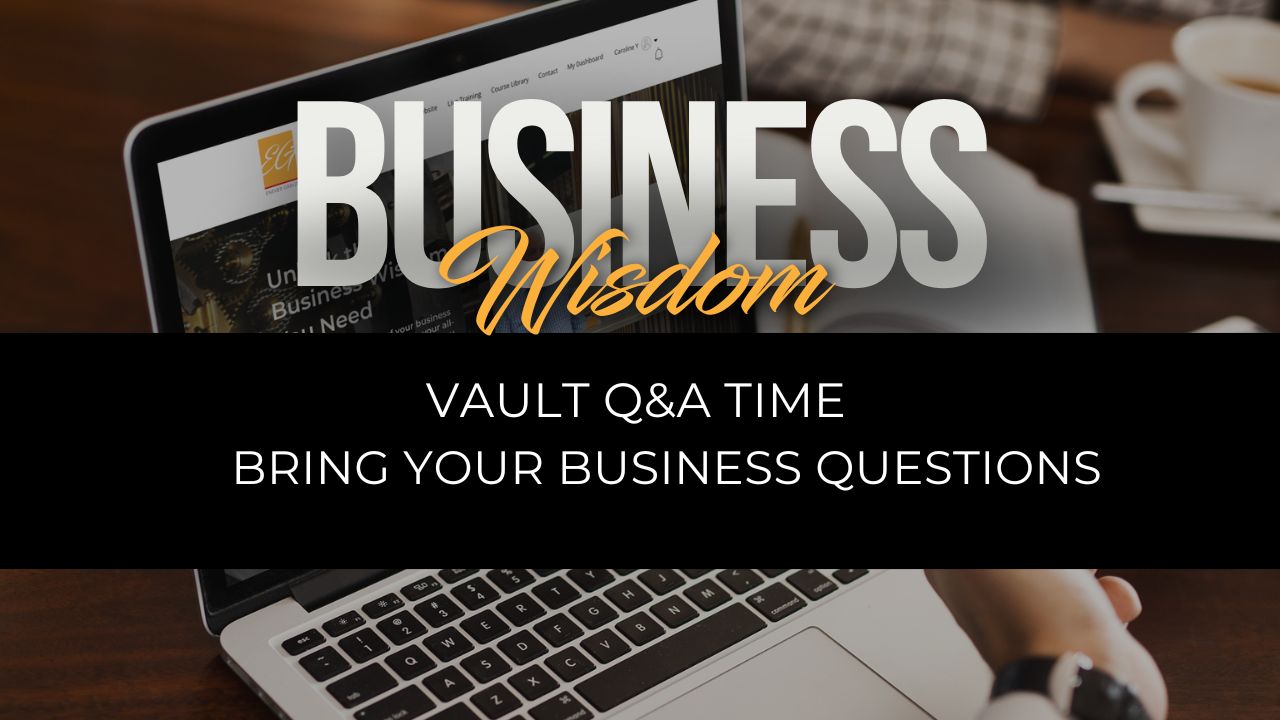If you’re running a business, a business plan is something that should be up-to-date and available to call on throughout the life of your enterprise.
That said, there are some stages where it will be even more critical than others. So, let’s look at the four stages when a business plan is really needed.
When your business is starting out
A comprehensive plan sets the foundations of any business, looking at how you intend to operate, who you intend to serve, the market you intend to operate within and what you need to run that business successfully.
That makes a convincing business plan a non-negotiable when you are starting up an operation. This document will help you clearly map out your type of business, its intended organisational structure, legal structure, competitive analysis and more on paper, including the financial resources required.
It will also be the go-to document that any potential investors or lending institutions ask for as they assess whether your business is viable.
When your business is growing
Whether you’re scaling up production, seeking to bring in new staff or intend to introduce extra services or product lines, a business plan is essential to business growth.
In fact, many would argue that without a business plan you cannot clearly map the path to business growth and how you intend to achieve it with existing and potential revenue streams. It is the action plan that allows you to take the next required steps.
Just like when you started out, a business plan sets out what you aim to do and how it will go from concept to reality.
When your business is challenged
Every business experiences challenges. Perhaps a direct or indirect competitor has set up nearby. Perhaps the economic climate has shifted, or the market has changed and demand for your products and services has decreased.
When your business is challenged, a plan is essential. This is where you map out strengths, weakness, opportunities and threats, along with the strategies that address each.
The living document that is your business plan also contains the key numbers that help you understand exactly what’s happening in your business. In other words it helps you identify ‘anything that is going other than right’.
And that makes a business plan the first port of call when the tide of business turns or the waves become rough.
When your business is for sale or changing hands
Along with your cash flow and other financials, a convincing business plan is often the first document a prospective buyer will seek when ascertaining whether your operation is the right investment for them.
At this stage, a solid business plan allows them to understand the current situation and the path they might enjoy ahead. They get to see the potential, and the current position, and that equates to value.
Meanwhile, even if you’re planning to pass a business on to the next generation or bring a partner, a convincing business plan is a key document to have on hand to give the next generation a key insight into an operation.
On hand, up to date, all the time
In reality your business plan should be up-to-date, on hand and current at all times.
Best practice sees a business plan updated each year to take into account recent performance, new threats, changed market conditions and future goals.
If you need assistance creating your business plan or bringing it up-to-date, I’m available to assist. And you can reach out for a strategic planning session or business plan review here.









